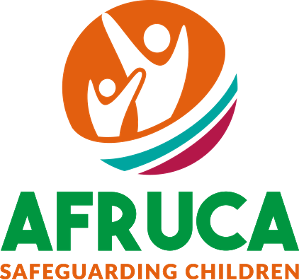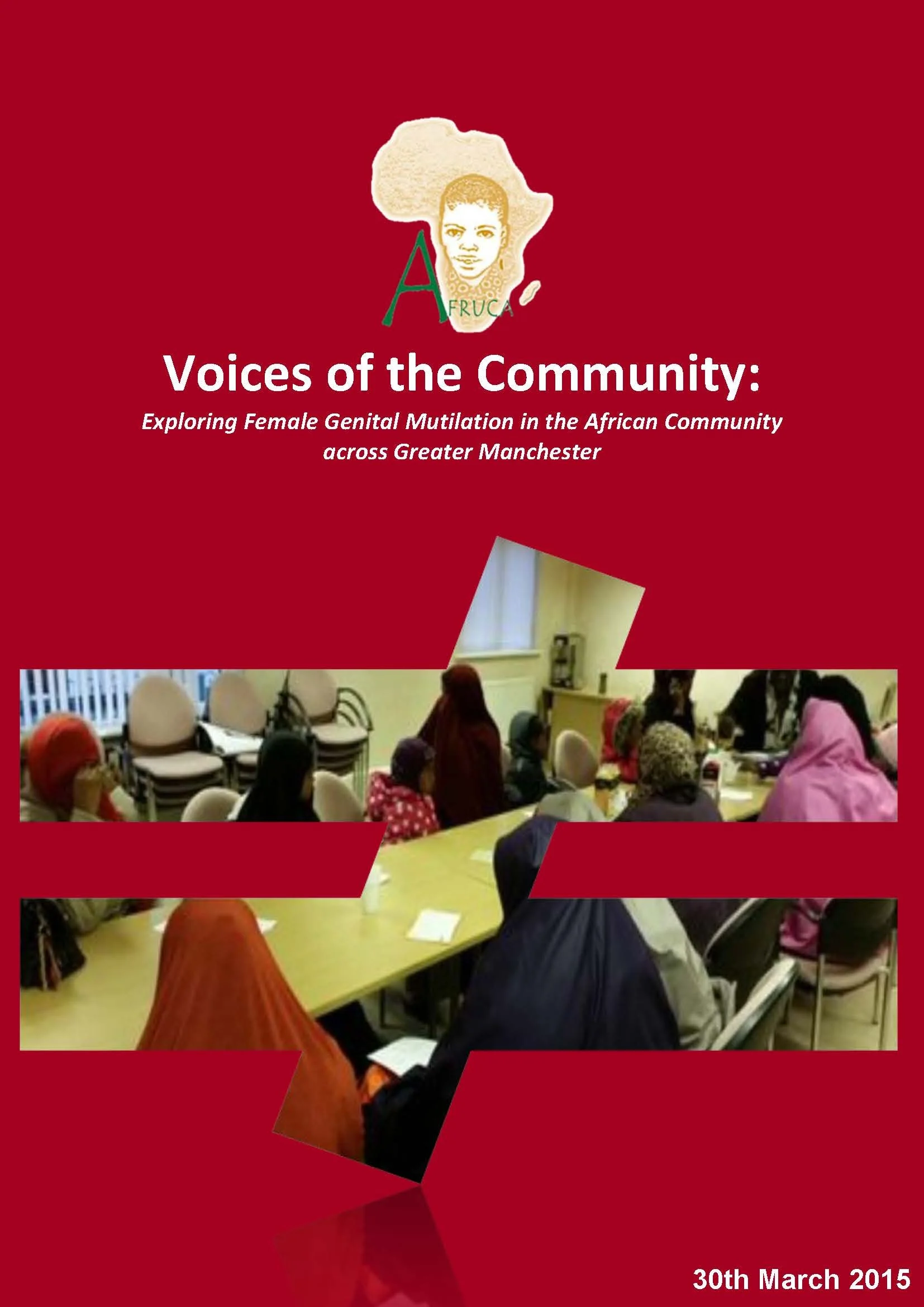Our Research
AFRUCA has developed a community research programme to explore key safeguarding issues in Black communities in the UK. We aim to create a body of knowledge to help inform policy and practice on safeguarding issues. We also work in partnership with academic institutions to conduct research into areas of mutual interest. Read some of our reports below.
AFRUCA Research Series
– Voices of the Community
Public Health Knowledge Mobilisation Research Project
About Knowledge for Public Health (KNOW-PH)
Funded by the NIHR (National Institute for Health and Care Research), KNOW-PH aims to bring research evidence generated by NIHR closer to local and national public health decision-making. The project is a partnership between University of Nottingham, Sheffield Hallam University, University of Sheffield, City of Doncaster Council and AFRUCA Safeguarding Children. This project is for a period of 3years.
KNOW-PH Core Elements
1. Co-productive Approach: We collaborate with knowledge users to mobilize evidence tailored to their population, policy, or practice needs. AFRUCA plays a key role in leading community involvement.
2. Focus on Health Inequalities: Our work is dedicated to supporting the goal of reducing health inequalities.
3. Creative Methods: We employ a variety of digital and real-world art and design-inspired methods to make evidence engaging and accessible.
Project Arms
1. Rapid Response: This arm involves short-term projects (3-6 months) in partnership with local and national governments, focusing on topics such as healthy planning, air quality, and mental health in schools.
2. Deep Co-production: In this long-term effort, we work closely with local government partners to embed evidence deeply into decision-making processes using creative methods like performing arts, digital design, and Lego Serious Play.
AFRUCA’s Approach As leader of the KNOW-PH Public and Community Engagement (PACE) group, we shape KNOW-PH projects from inception to completion. Our diverse group of citizens and third sector representatives champions diversity and inclusion, integrating positive EDI practices into knowledge mobilisation (KMb).
Considering the overall communities we support at AFRUCA, it is absolutely vital for such communities to have a voice in this significant project in mobilising knowledge for public health. Here’s why:
1. Representation and Relevance: When AFRUCA is involved, we ensure that the unique challenges and perspectives of African and Black communities are heard.
This means the public health strategies being developed will be culturally relevant and truly effective for our people.
2. Addressing Specific Health Inequalities: The KNOW-PH project is all about reducing health inequalities, which often hit minority communities the hardest. By being part of this project, AFRUCA can highlight the specific health issues and systemic barriers our communities face, leading to more targeted and impactful solutions.
3. Empowerment and Inclusion: Having a voice in this project means AFRUCA and those we support can actively participate in the decisions that affect our health and well-being. This inclusion not only empowers us but also fosters trust and a sense of ownership over the public health initiatives being rolled out.
How We Work
We meet quarterly and as needed to discuss selected topics.
Based mostly in the North of England, our meetings are held online.
We are building capacity in KMb within community organizations as part of the project.
Our goal is to ensure that a wide range of perspectives informs KNOW-PH projects and the overall programme.
For more information, visit the KNOW-PH website or contact Naeema Ahmed at naeema@afruca.org.
Improving Equality, Diversity and Inclusion in Modern Slavery Research
We are delighted to release our research report: Equality, Diversity and Inclusion in Publicly Funded Modern Slavery Research”. The research was conducted in partnership with the St Mary’s University at Twickenham, the University of Nottingham and the Sheffield University, following an open call by the Modern Slavery and Human Rights Policy and Evidence Centre. This piece of work is also a fulfilment of BASNET Race Equality, Diversity and Inclusion Action Plan Theme on Research which called for research on EDI within the wider modern slavery research sector, to understand the challenges and barriers stopping people from all backgrounds from being able to participate effectively and make recommendations for improvements.
BASNET members (community leaders and leaders by experience) contributed and took part in the focus group sessions, alongside other representative groups. We thank them for their contributions to the success of the project.
The research also included data analysis and analysis of various research reports, including those funded by the Modern Slavery PEC to identify how EDI was represented in research reporting.
Amongst others, the research found that EDI is not considered enough throughout the research process or described comprehensively within research reports.
The research provided recommendations targeting: 1. Funders and Researchers in the EDI research process; 2. Funders and Employers on EDI in the Research Workforce; 3. EDI in Funder and Employer Policy and Practice.
Prevention of Adult Sexual and Labour Exploitation In The UK: What Does or Could Work?
Funded by the UK Modern Slavery Policy and Evidence Centre, AFRUCA, in partnership with University of Sheffield explored the "Prevention of Adult Labour and Sexual Exploitation In The UK: What Does or Could Work?” Report published in March 2022.



